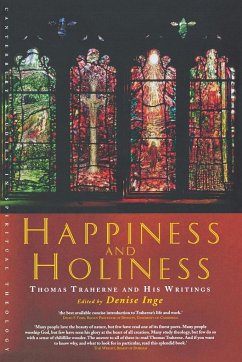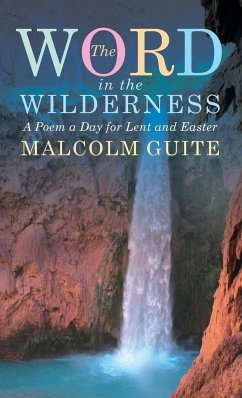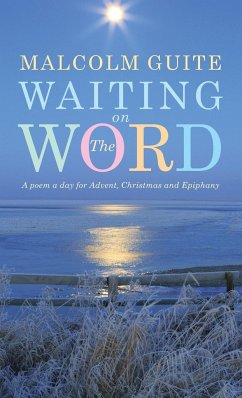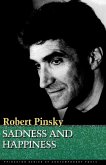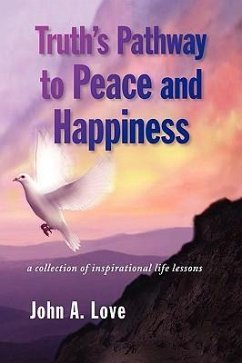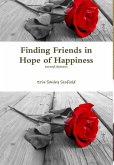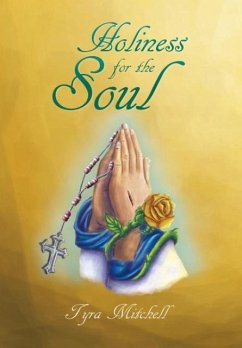The recent discovery of two manuscripts by Thomas Traherne has sparked renewed interest in the seventeenth century writer and a reappraisal of his significance not only as a poet but as a theologian and philosopher engaged in the political and social realities of his day. Happiness and Holiness includes extracts from the newest manuscripts, from better known works and from fragments and notebooks - all of Traherne's known works are represented, making this the most varied and complete collection of his writings available in a single volume. Here we see Traherne, who died at the age of 37, in all his creative genius as a visionary poet, political controversialist, contemplative, teacher, parson, amateur scientist, friend and benefactor. This volume offers for the first time an introduction to the full range of Traherne's work, and opens doors on the breadth and depth of Traherne's theology and its surprising resonance with our own times. Traherne is best known for his poetry of innocence, nature and joy, yet what we have known and loved best from his writings reveals only part of the picture. Happiness and Holiness allows a much richer and fuller understanding of Traherne to emerge. 'Traherne is poised to come into his own as a great classic of Christian thought and imagination, and this superb collection should make sure it happens sooner. Denise Inge gives the best available concise introduction to Traherne's life and work, and then offers a selection of his writing that decisively shows not only his extraordinary range as a spiritual writer, poet, philosopher, ethicist and celebrant of God and God's ways but above all the richness, liveliness and breadth of his theology. The sensitive and daring choice of extracts leads the reader into the depths of a life intensely engaged with God and with the glorious variety of creation. Again and again one is amazed at Traherne's striking relevance to the twenty-first century.' David F. Ford, Regius Professor of Divinity, University of Cambridge

